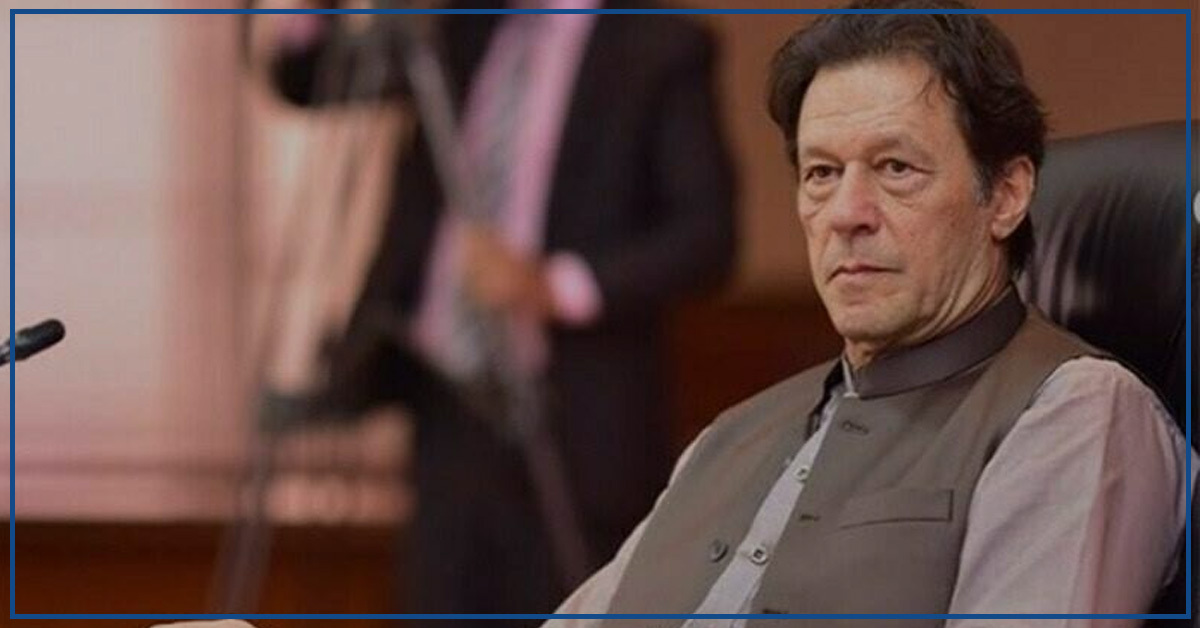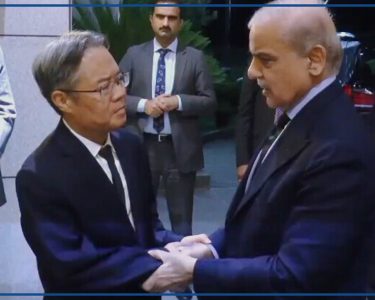The Islamabad High Court (IHC) has rejected Imran Khan’s petition against his indictment in the cipher case. The IHC’s Chief Justice, Aamer Farooq, while disposing of the former Prime Minister’s plea, emphasized the need for a “fair trial” in this high-profile case.
The cipher case centers around a diplomatic document that the charge sheet alleges was never returned by Imran Khan. The Pakistan Tehreek-e-Insaf (PTI) claims that this document contained a threat from the United States to remove Imran from office.
Imran Khan had previously faced a conviction and a three-year prison sentence in the Toshakhana graft case on August 5. While the IHC suspended his sentence on August 29, he remained incarcerated due to his judicial remand in the cipher case.
September 30 witnessed the submission of a formal charge sheet by the Federal Investigation Agency (FIA) in a dedicated court, established under the Official Secrets Act. This charge sheet named PTI leader Shah Mahmood Qureshi and Imran Khan as the primary defendants in the cipher case.
This Monday marked a crucial moment when both PTI leaders were indicted in the case. They pleaded not guilty, prompting the judge to summon witnesses for October 27 and requesting the prosecution to provide evidence to support the allegations.
Following this, Imran Khan lodged a petition with the IHC, asserting that the verdict had been rushed and urging the court to declare the formulation of charges as “unlawful, illicit, and in violation of established principles within the Code of Criminal Procedure.”
During the hearing, PTI lawyer Salman Safdar highlighted that it took him ten days to present his arguments on Imran’s bail petition in the same case. Justice Farooq acknowledged the complexity of the matter and the thoroughness of the arguments presented by both sides.
Safdar then revealed that copies of the cipher case charge sheet had been distributed in court, pointing out that Imran Khan was indicted within a few days. He stressed that the entire case hinged on this document, which was conspicuously absent from both the charge sheet and case files.

The lawyer requested relief, emphasizing three crucial points: the secretive arrest, undisclosed remand, and the swift framing of charges within six days.
After considering these arguments, the court reserved its verdict on Imran Khan’s petition.
The petition itself contended that Imran was compelled to participate in the framing of charge proceedings without being provided with complete documents, making it impossible for him to understand the charges. This raised questions about the prosecution’s compliance with essential procedural steps.
The petition also criticized the trial judge for framing the charge in the absence of crucial documentary evidence that forms the basis of the prosecution’s case.
It argued that the entire case, related to the unauthorized use of cipher telegrams, was prejudicial to national security and ultimately futile since the cipher was not part of the charge sheet or provided to the suspects.
In light of these discrepancies, the petition called for the acquittal of the petitioner and others, stressing that the trial could not proceed without the crucial evidence.
It also noted that the court had failed to entertain defense submissions for discharge or acquittal before framing the charges, causing significant prejudice to the accused.
This legal battle raises important questions about the fairness and transparency of the trial against Imran Khan and Shah Mahmood Qureshi and its implications for national security. The court’s final verdict on Imran’s petition will be eagerly awaited.
Imran Khan’s legal woes continue as the Islamabad High Court grapples with the intricacies of the cipher case, highlighting the need for a just and equitable trial.





